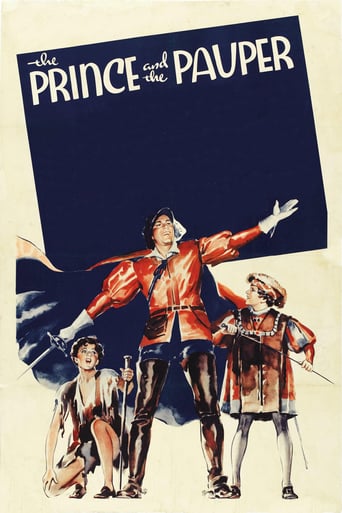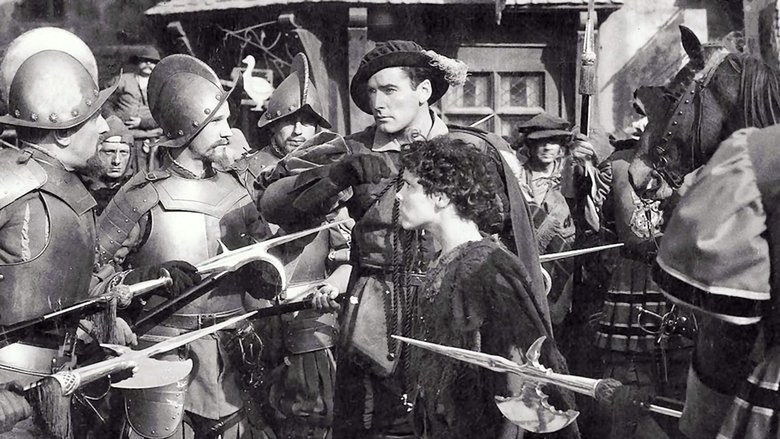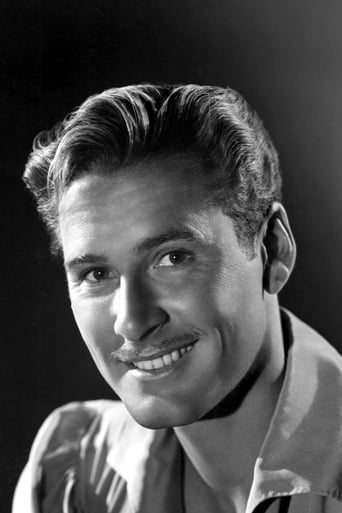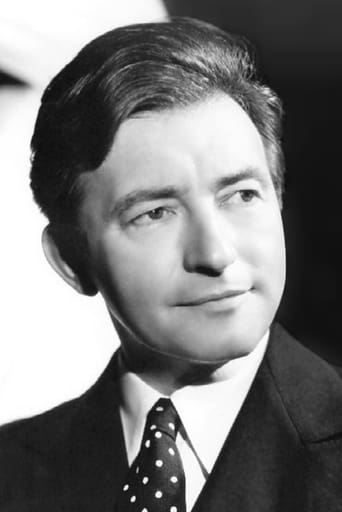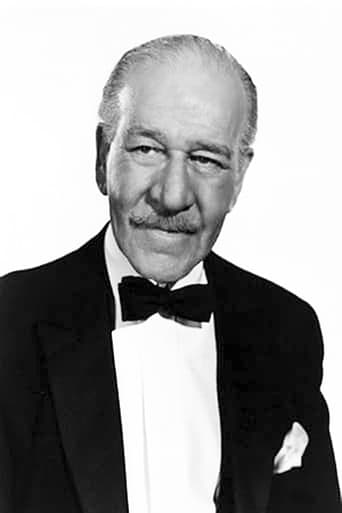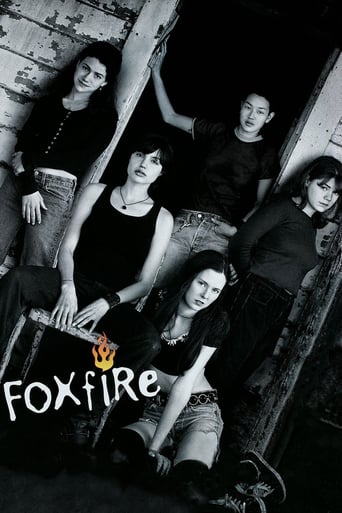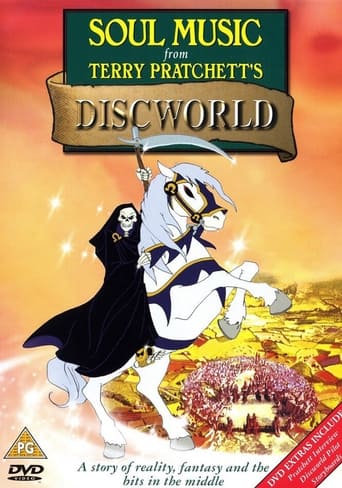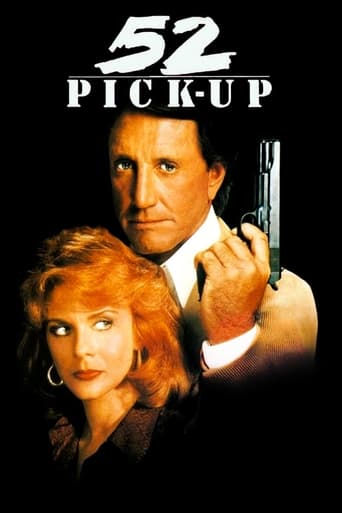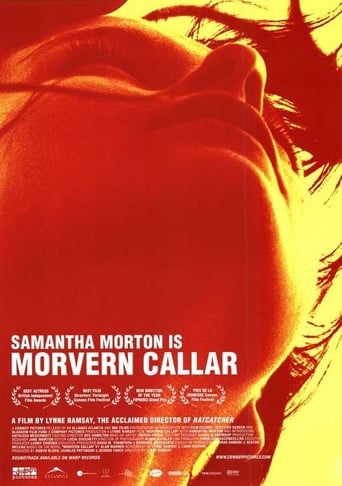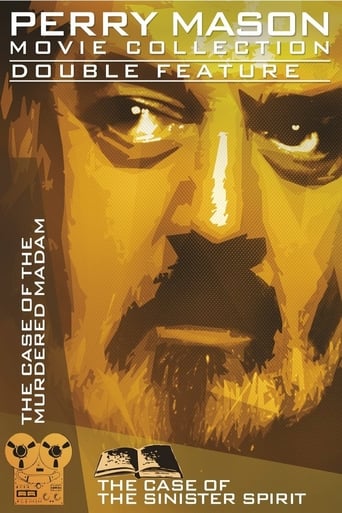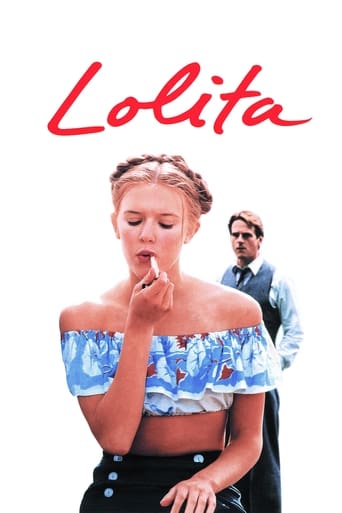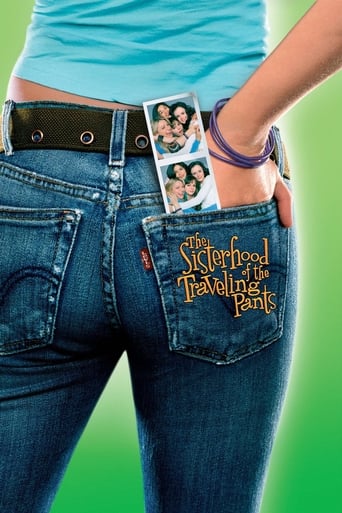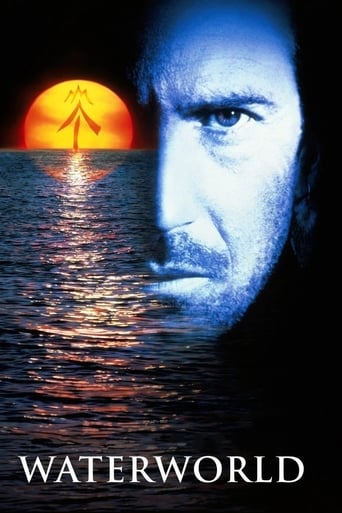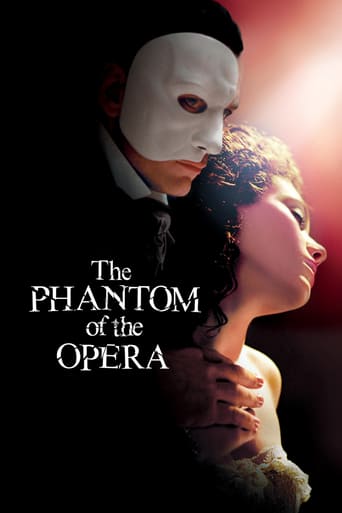The Prince and the Pauper (1937)
Two boys – the prince Edward and the pauper Tom – are born on the same day. Years later, when young teenage Tom sneaks into the palace garden, he meets the prince. They change clothes with one another before the guards discover them and throw out the prince thinking he's the urchin. No one believes them when they try to tell the truth about which is which. Soon after, the old king dies and the prince will inherit the throne.
Watch Trailer
Cast


Similar titles
Reviews
Plenty to Like, Plenty to Dislike
Horrible, fascist and poorly acted
Fanciful, disturbing, and wildly original, it announces the arrival of a fresh, bold voice in American cinema.
There are moments in this movie where the great movie it could've been peek out... They're fleeting, here, but they're worth savoring, and they happen often enough to make it worth your while.
Everyone knows the story of the spoiled prince who is bored with his life. When he meets his identical twin, a common boy who seems to have some freedom to be a kid, he talks him into trading places. The problem is that when it comes time to trade back, it's not possible, so they need to continue in their new identities. There are complications like a plot to kill the Prince. Also, the true Prince would have known about making government decisions. Meanwhile, the disguised Prince isn't faring much better as he encounters the rowdies that the other kid would be comfortable with. This is a really fun Mark Twain story that boys would have loved to read, and this an adequate,though not outstanding, version.
I've always thought of Mark Twain (nee, Samuel Clemens) as America's Charles Dickens. The two men lived barely a generation apart. Their lifespans actually overlapped some 35 years, from Twain's birth in 1835 to Dickens' death in 1870. Dickens's books were published from 1836 to his death in 1870. Most were printed initially as magazine serials in England. Twain no doubt read some of them, either in follow-up American serials or books. But, it's very unlikely that Dickens would have read any of Twain's work. Twain's first book, "The Innocents Abroad," was published in 1869 – the year before Dickens died. It was based on Twain's first trip to Europe – a Mediterranean sojourn in 1867. I like to fantasize what it would have been like had the two literary giants met – say toward the end of Dickens' life. The elder Dickens, an accomplished beloved English author, and a young American adventurer and journalist who was just beginning to write novels. The two would be among the most masterful, most read and most beloved storytellers of all time. Why all this comparison of Twain and Dickens? Because I think Dickens would have enjoyed thoroughly Twain's "The Prince and the Pauper." The two men wrote with obviously different references – cultures, times, people. And, with somewhat different phases of the cultural language. Yet their knack for and approach to story telling was very similar. Twain's Prince and Pauper was published in 1882. Twain and Dickens share one other distinction. I don't know the numbers, but the two authors have had more movies made on their works than any other two authors in history. Some of their books have had multiple renditions put on film. And that brings me now to this first sound production of "The Prince and the Pauper." It's a wonderful rendition of this classic tale that I think has become a classic in itself. It has a stellar cast for the period in Errol Flynn, Claude Rains, Henry Stephenson, Barton MacLane, Alan Hale and Eric Portman. And the twin brothers, Billy and Robert Mauch give top performances as the prince and the pauper. This is a delightful fictional story with just a little bit of an historical look at the times and place. It's a nice family film that educates on literature and history while it entertains.
I love "The Prince and the Pauper" and Billy and Bobby Mauch. When they laugh together, I can't help laughing, too.I wanted to comment on their enunciation -- a charming idiosyncrasy.They pronounce every "to" with unusual emphasis -- like Bette Davis, who was at Warner Brothers, too! I was imagining -- sheer speculation -- that Bette Davis and the Mauch twins had the same vocal coach who encouraged them to over-articulate.I also was amused when one of the twins pronounced his family "TU-TOR" instead of "Tudor." Still --the movie is delightful.
Mark Twain was a man who sometimes could not get a notion out of his head. He loved the issue of twins and switching births. It pervades much of his fiction, and few seem to comment on it. In one of his early sketches he tells an inquisitive reporter that the tragedy of his life was the strange death of his twin - the boy had one only one mark on his body that differs him from his brother - Twain shows it to the reporter on his own person, and says that was the boy who supposedly died mysteriously and was buried. The reporter leaves after that tidbit.Of course the novel (which became the subject of this film and several others) is the one that people think of as Twain's "twins switching" story. It isn't. He would write (in the 1880s) a piece called "Those Amazing Twins" about a pair of Italian Siamese twins. The piece (which is not one of his best) became part of the germination that led to his last great Mississippi novel "Pudd'nhead Wilson". He separates the twin Italians into two twin brother Italian counts who turn up in the Mississippi town where the action goes. He also takes the "switched at birth" motif and uses it in the main story of Chambers the slave switched by his mother Roxey with young Tom Driscoll the wealthy heir. Twins pop up too in "Tom Sawyer Detective" - which was based on an old 17th Century Danish murder case involving twins.But it's "The Prince And The Pauper" (1876) that is recalled as Twain's "twin story". I think it's because the other pieces are minor or (like Wilson) full of other interesting small matters - like the business of the use of fingerprints to settle the mysteries of the plot (a first in 1894). Here it is central to Twain's looking at an appalling, inequitable social system in Tudor England.Henry VIII is dying and his son Edward, Prince of Wales is aware that he is going to soon lose his wise father and take over the reins of government. Of course the truth is he is still too young (in 1547 he is only 11) and he really can only rule in his own right when he reaches adult age (presumably 21). He will need a "Protector" and the Duke of Norfolk and the Earl of Herford are the leading contenders. In the film wise old Henry Stephenson is Norfolk and crafty, power-seeking Claude Rains is Hertford. Henry (Montague Love) appoints both to the governing counsel, but does not name Norfolk over Hertford (or the reverse). So Rains starts jockeying for position in a confrontation with England's premier Duke.In reality it was more complicated. Norfolk was on the outs with Henry in 1547 (he was facing execution - his son the Earl of Surrey was executed the year before - but Henry's own death saved Norfolk). The two contenders were the Duke of Somerset (Edward Seymour), blood uncle to Edward VI through his mother, and John Dudley, Duke of Northumberland, who dreamed of placing the Dudley family and the Tudors permanently together by marrying the three Tudor heiresses, Princesses Mary and Elizabeth, and Lady Jane Grey, to his sons. One day this plan would blow up in his face (see TUDOR ROSE). Somerset's doom was tied to a similar hair-brained scheme of his brother Admiral Sir Thomas Seymour regarding marrying Princess Elizabeth (see YOUNG BESS). Edward, in Twain's story, while waiting for the sad news, meets Tom Canty, a boy who looks almost exactly like him (here played - for a change - by the Mauch Twins). As a lark they change clothes so each can see how the other half live. Tom is soon over his head, causing his cousin Jane to question his sanity, and revealing enough to Hertford to realize that the false-King is his own key to power. Edward is unfortunately forced to endure the poverty of Tom's social class, but also the brutality of Tom's father John Canty (Barton McLaine) who is a professional thief. But Edward is soon helped by a young squire, Miles Herndon (Errol Flynn) who is trying to return to his ancestral home to regain his possessions from a greedy brother.The twisty plot did show much of the underside of English Tudor living that many of the other early Tudor history films barely touched on (except to show the intrigues at court). It also had plenty of humor - look at the business about the usefulness of "the Great Seal of England", which is typical Twain humor. I feel this version of the story is quite good - possibly the best of the different versions of the novel that have reached the screen.

